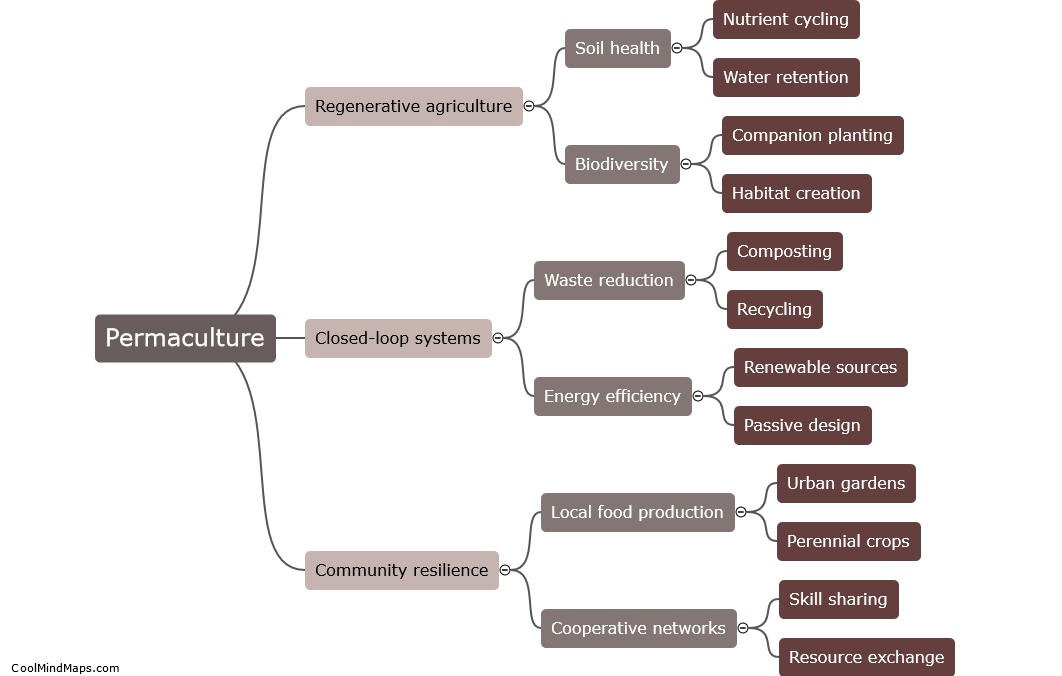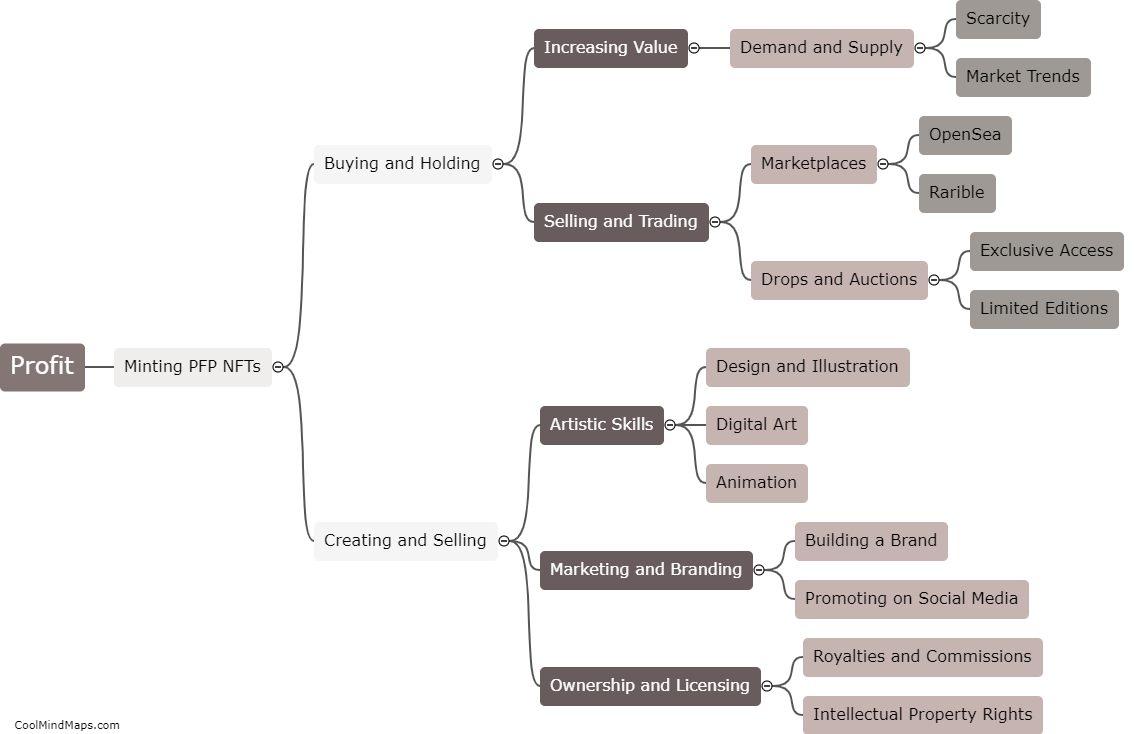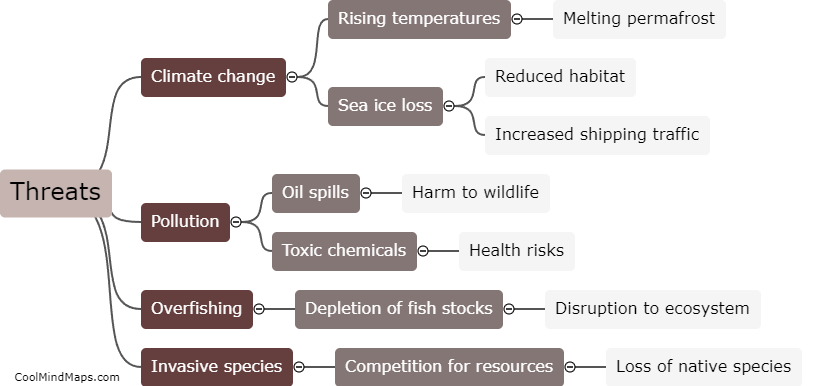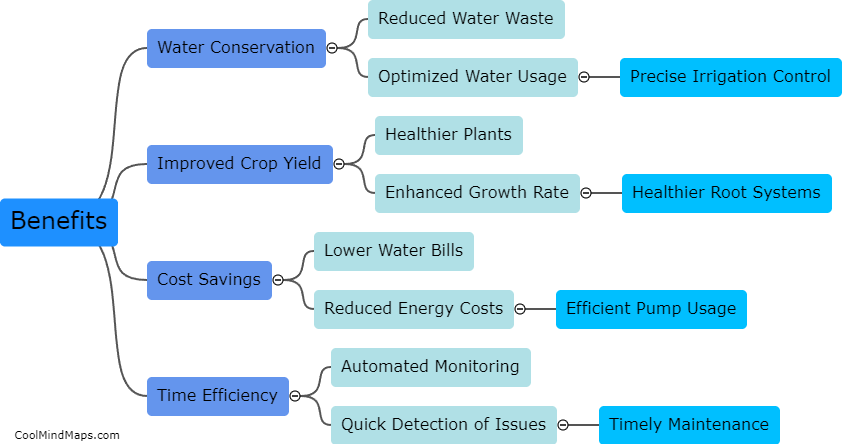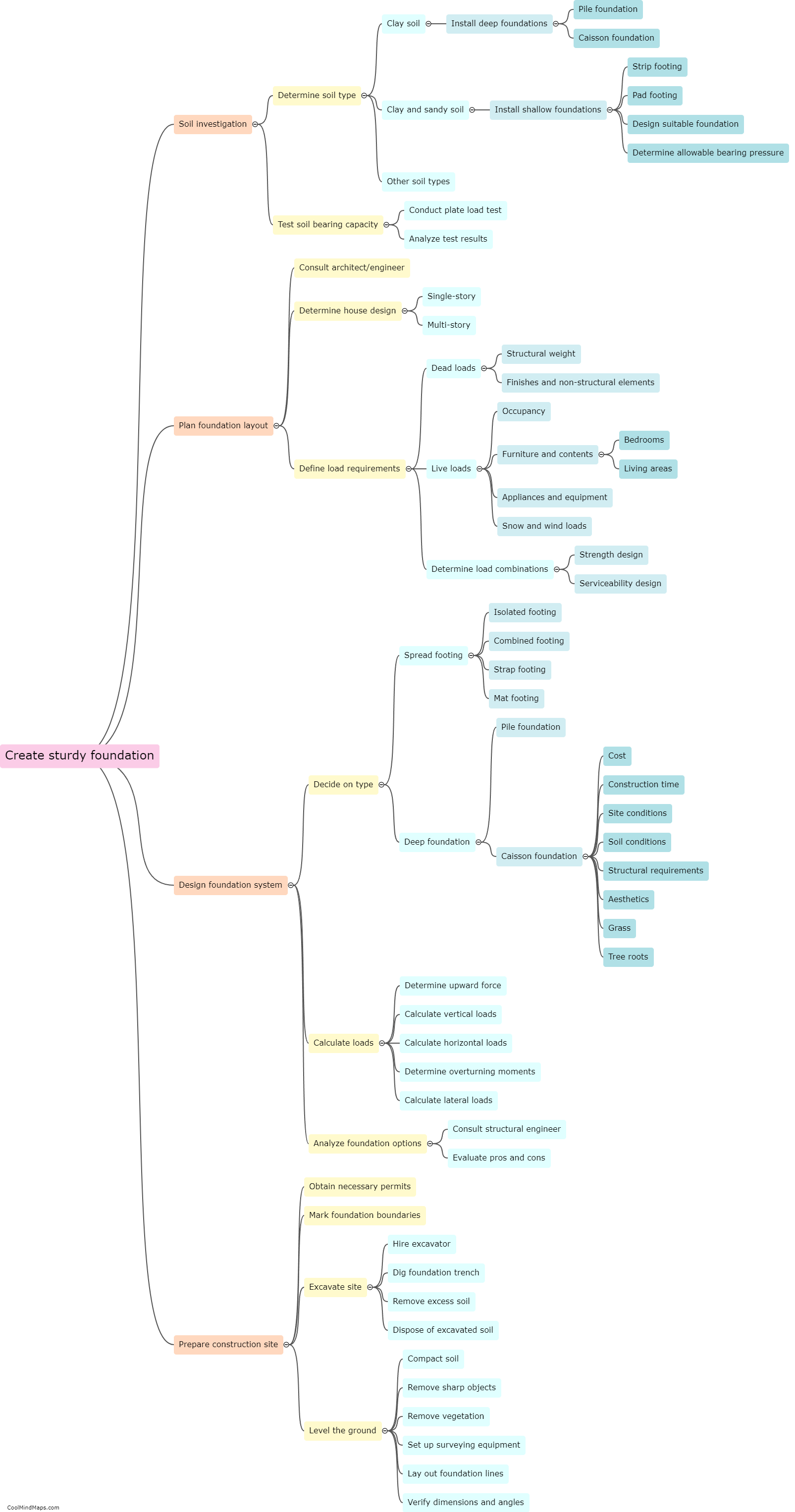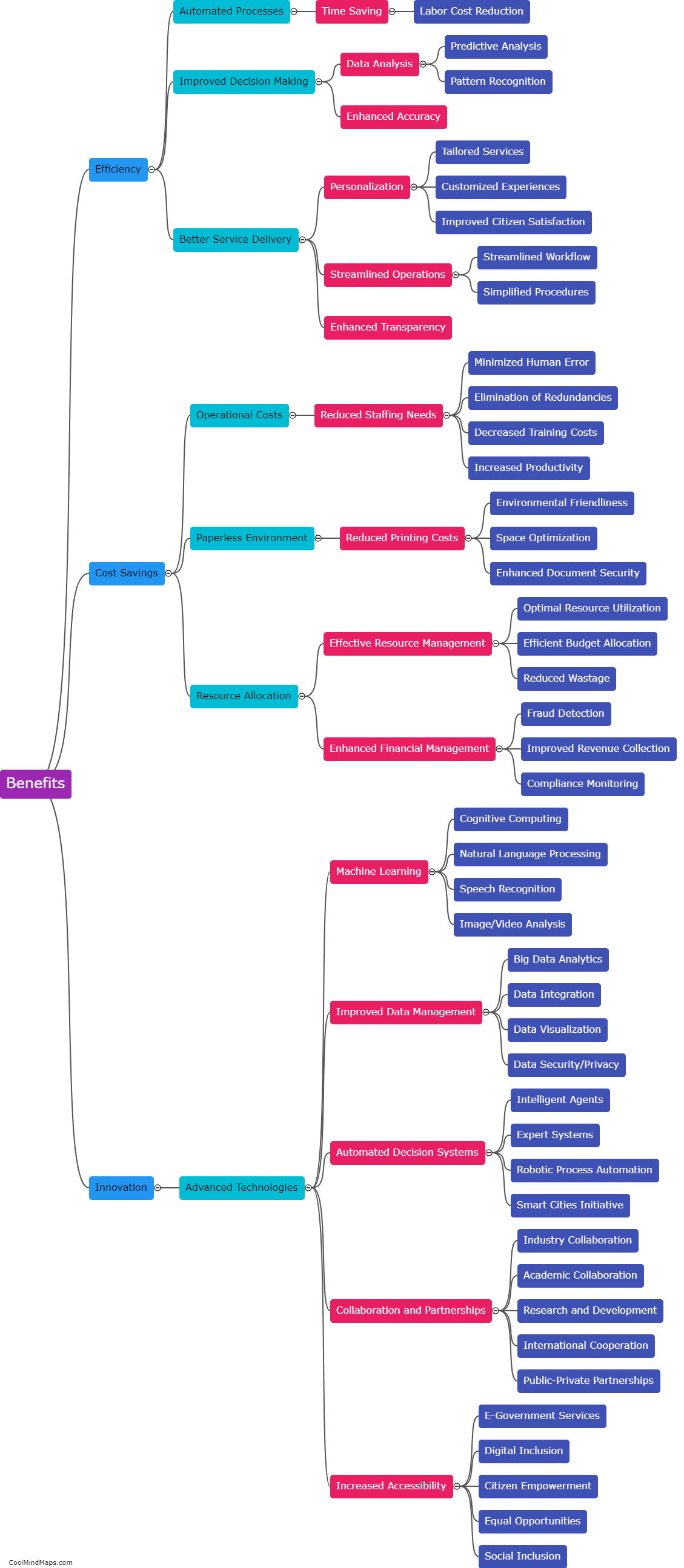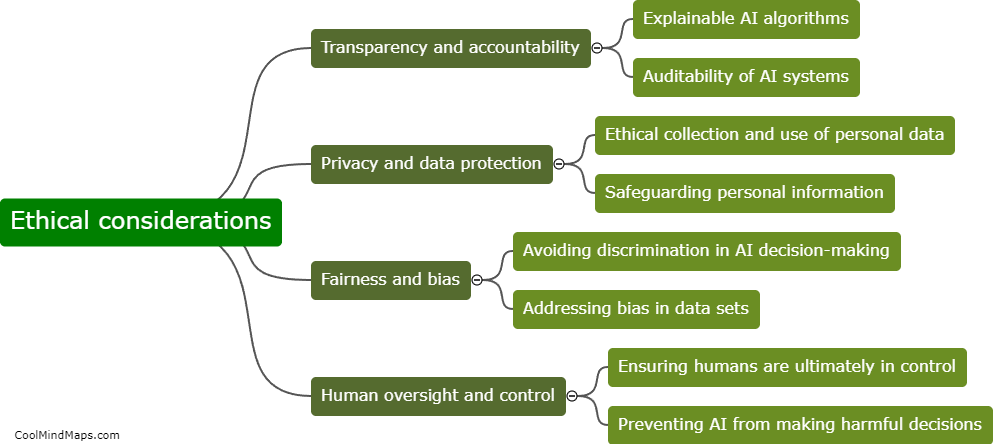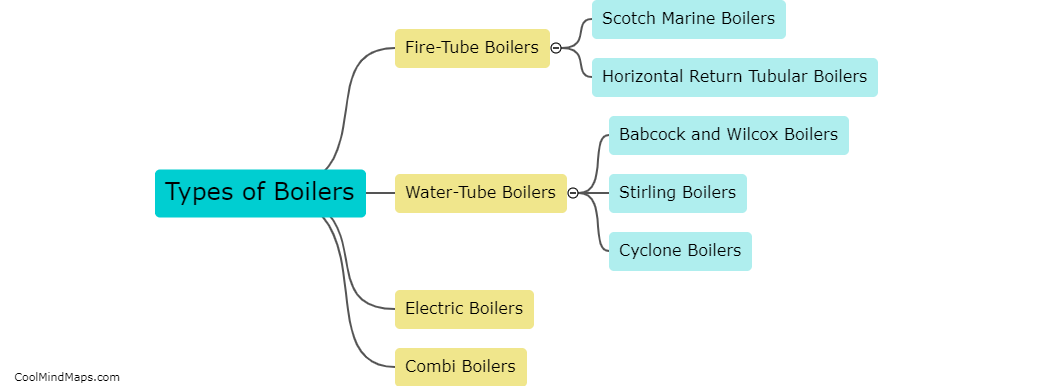What are the potential risks and challenges of implementing artificial intelligence in government?
Implementing artificial intelligence (AI) in government systems brings a range of potential risks and challenges. One of the significant risks is the potential for biased decision-making. AI algorithms can inadvertently perpetuate existing biases present in the data used for training, leading to discriminatory outcomes. This can have profound consequences, such as reinforcing inequalities and further marginalizing certain groups. Another challenge is the ethical implications surrounding AI adoption. Maintaining transparency, accountability, and ensuring the protection of citizens' privacy rights becomes crucial. Additionally, there is a concern about the potential loss of jobs due to automation, leading to economic disruptions and the need for upskilling or reskilling the workforce. Lastly, cybersecurity threats and vulnerabilities pose significant risks, requiring robust measures to safeguard against potential attacks that could compromise sensitive information and critical infrastructure. Addressing these risks and challenges is vital to ensure responsible and equitable deployment of AI in government.
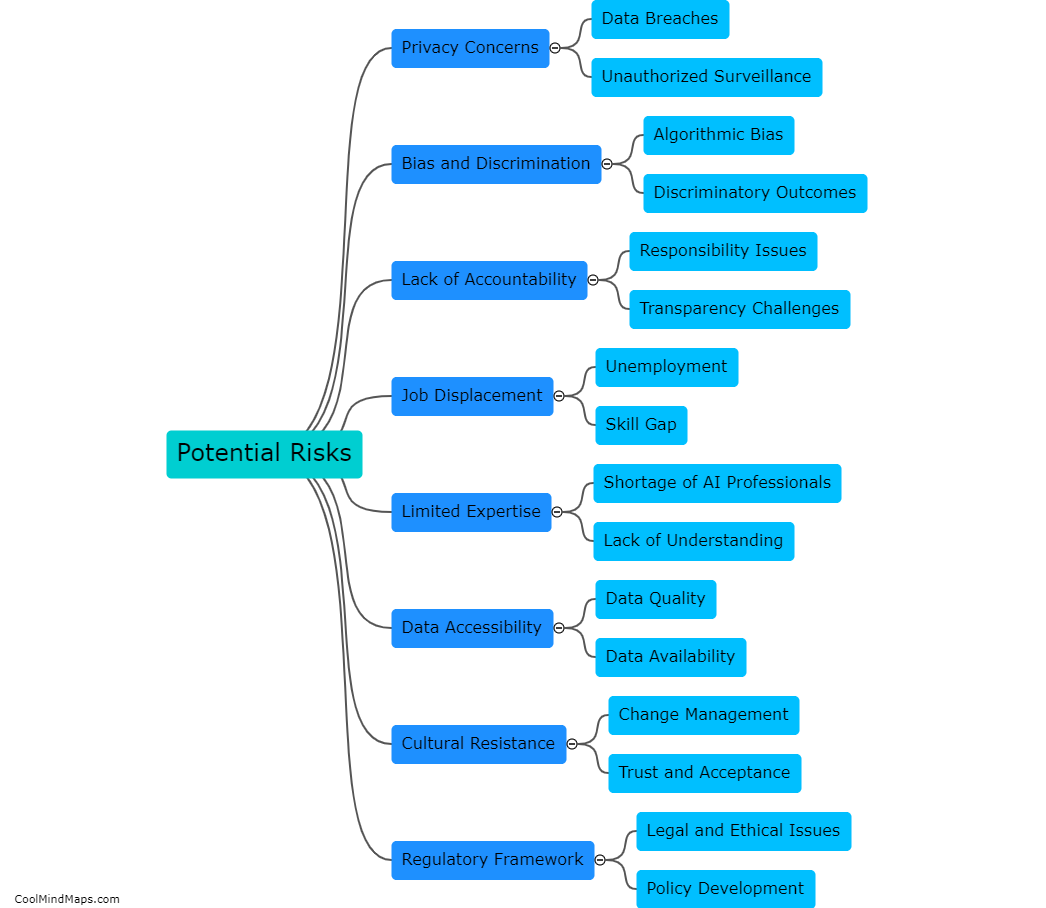
This mind map was published on 25 July 2023 and has been viewed 137 times.
